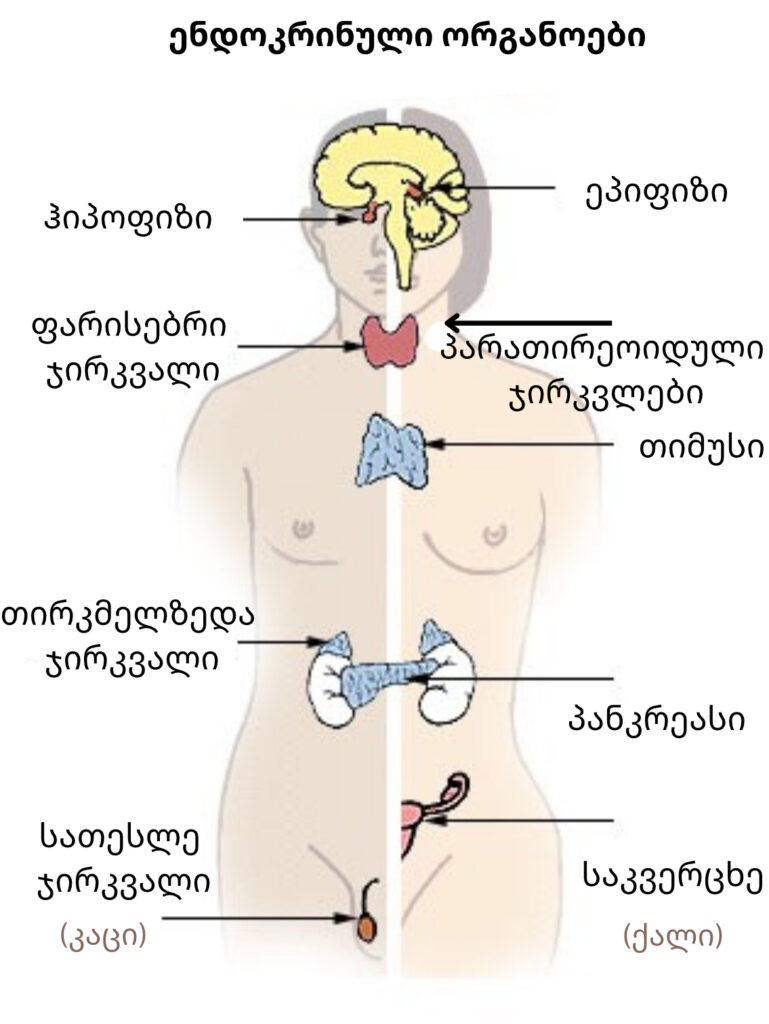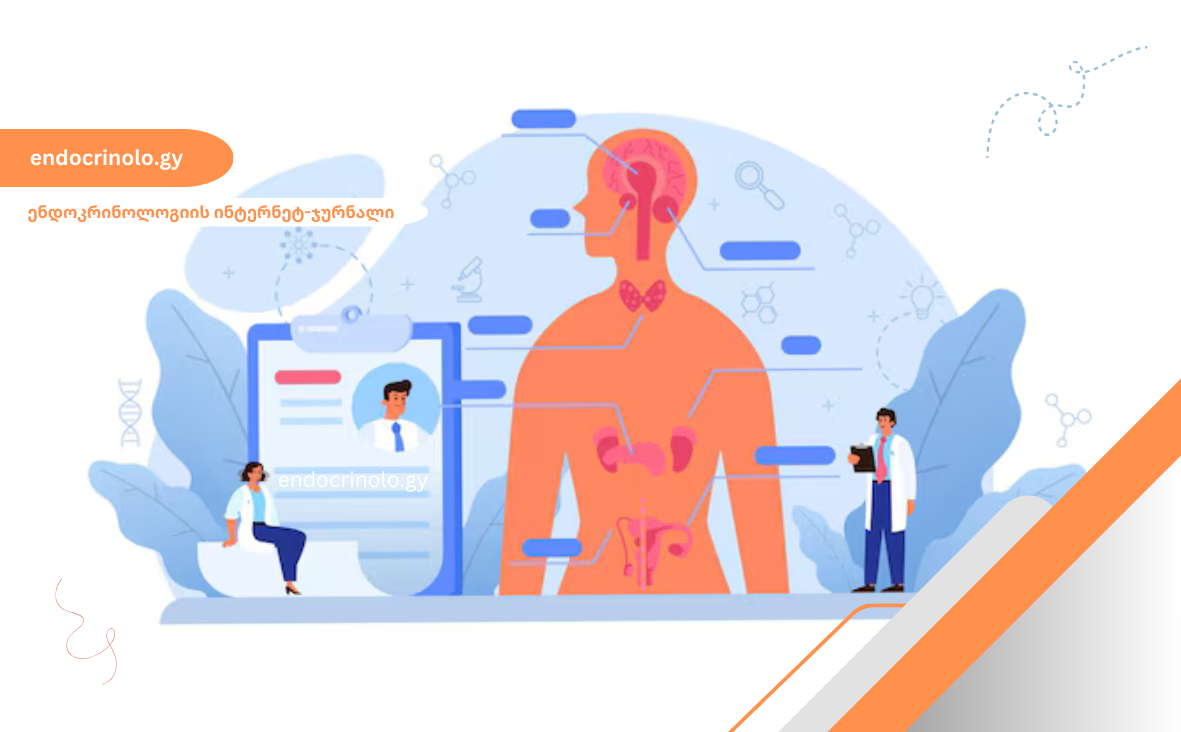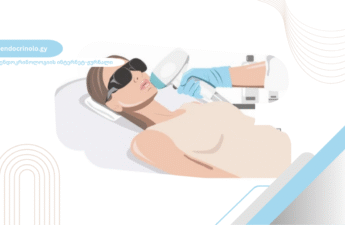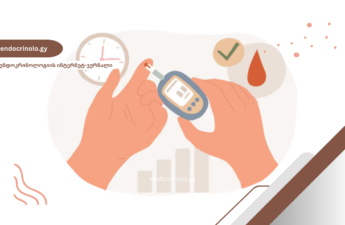ENDOCRINOLOGY is a branch of medicine which controls the functions of endocrine system.
Endocrine system is consisted of organs which release different hormones.
And hormones themselves care about correct functioning of our body.

HORMONES
In every given moment more than 40 different hormones are circulated into the blood. Every of them have their specific function to do.
Hormones often are called as ''messengers'' because they help different parts of the body to communicate.
Overall the functions that regulates endocrine system, includes:
- blood glucose level
- growth and development
- metabolism (energy exchange)
- regulation of heart rate and arterial pressure
- sexual development and function
- reproduction / fertility
- mood
HORMONAL BALANCE
The main basis of hormonal actions is the balance between them.
HORMONAL BALANCE is important for a proper working of almost all cells, tissues and organs in the body.
If some hormone levels changes, it affects the action of other hormones too.
The body has its own compensatory mechanisms but when some kind of diseases occur, the regulation processes may become ineffective.
General causes of hormonal imbalances are:
- disruption of proper working of endocrine organs
- very little or very high production of hormones
- affected response of the body to hormonal actions
- aging and menopause
- taking some medications
- environmental factors
ENDOCRINE DISEASES
Endocrine disorders are managed by medical specialist named endocrinologist.
The most frequent disorders in endocrinology are:
- thyroid diseases
- diabetes
- obesity and affected metabolism
- adrenal gland disorders
- hypophysis diseases
- reproductive health of man and woman
- growth and development issues in children
- cardiovascular problems - arterial hypertension, dyslipidemia
- osteoporosis and bone health
Most of the endocrine diseases are chronic, so the frequent contact to an endocrinologist may be needed.
TREATMENT METHODS IN ENDOCRINOLOGY
The treatment option in dependent on the problem character: what kind of disorder is presented and what is the cause of this condition.
So any of the following treatment plans must be needed alone or in combination with others:
- medications
- changing of lifestyle
- surgery
WHEN TO SEE AN ENDOCRINOLOGIST
The symptoms which can indicate that the problem exists, are:
- body mass gain or loss in a short period
- changing in mood: become more irritable
- affected normal menstrual cycle
- infertility
- decreased libido
- galactorrhea - a milky nipple discharge which isn't related with pregnancy
- excess sweeting or dry skin
- hirsutism or excessive hair loss
- arritmia: tachicardia or bradicardia
- instability of arterial pressure
- increased or decreased appetite
- muscle wickness
- frequent bone fractures
- growth problems in children
- family history of endocrine disorders.
One or more of these symptoms can indicate to have some kind of endocrine disorder.
But for many endocrine disease its also important screening tests and visits to doctor without any symptoms.
CHILDRENS ENDOCRINOLOGISTS
Endocrine system begins its important action in fetus.
Endocrine disorders can be managed by children's endocrinologist below 16 year old population.
Beside the disorders familial to adults, children's endocrinologist may face to other age specific disorders too.
In this case child is not a mini version of adult. Because hormonal composition is very different.
The main medical disorders in children endocrinology are: diabetes, thyroid disorders, adrenal gland diseases, inherited genetical syndromes and problems related to growth and development.
Author: Elga Giorgadze (MD of Endocrinology)
English version summary
Endocrinology - when to visit a doctor
Endocrinology is a branch of medicine that studies the functioning of the endocrine system and its disorders.
Endocrine System consists of organs that produce different types of hormones.
Hormones in turn ensure the proper and smooth functioning of the entire organism.
Hormonal balance, endocrine diseases, the treatment methods in endocrinology, paediatric endocrinology - these interesting topics are discussed in this article.
Choose English version for more.






